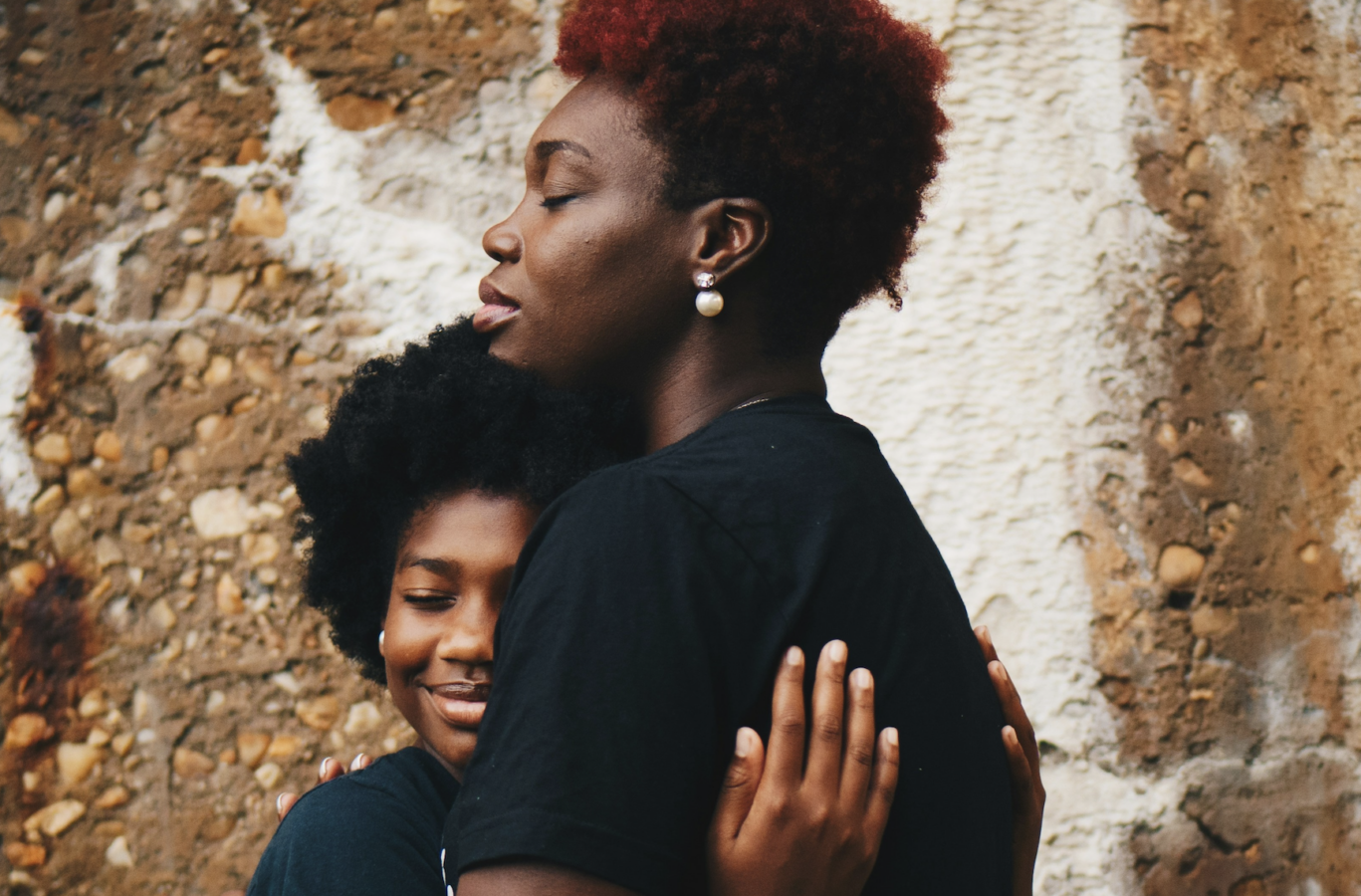The Black youth mental health crisis is on the rise due to Black youth having a greater risk for depression, anxiety, and other mental health concerns. Today, Black youth suffer from various challenges that are similar to the challenges Black people have been faced with over generations. However, with the occurrence of the COVID-19 pandemic and the Black Lives Matter movement, Black youth are now at higher risk. With the rise of police brutality against Black people, terrorism, crime, racism, and poverty, we all must bring our attention to this crisis. From racial discrimination in the classroom and the healthcare industry, to systemic inequalities and cultural stereotypes, Black youth are thrown into a society and greeted by hurdles that can negatively impact their mental well-being. As we draw attention to Black youth mental health, we should draw further attention to the contributing factors in society that causes these mental health issues.
Let’s explore some of the challenges faced by Black youth in today’s society:
1. Systemic Inequalities
Black youth are disproportionately impacted by systemic inequalities in various ways. These systemic inequalities can affect several aspects of their lives. Black youth may face disparities in access to quality education. Factors such as underfunded schools, inadequate resources, and lower-quality teaching can contribute to educational gaps. Black teens are also more likely to be subjected to racial profiling and may encounter discrimination in the job market, leading to higher rates of unemployment. Systemic inequalities contribute to Black youth facing higher rates of stress, anxiety, and trauma.
2. Racial Trauma
The prevalence of racial trauma is an unfortunate reality for many Black youth. Experiencing discrimination, microaggressions, or witnessing acts of racial violence can leave lasting scars on mental health. Frequent exposure to racism and discrimination, whether in personal experiences or through media, can lead to stress and anxiety. Experiencing racism may evoke feelings of anger, frustration, helplessness, and emotional exhaustion and can also lead to internalized racism, impacting self-esteem and self-worth. The persistent threat of racism and discrimination can contribute to heightened levels of anxiety and PTSD.
3. Identity and Cultural Struggles
Black youth exploring their identity in a society that often imposes stereotypes and expectations can be challenging. Black youths may internalize negative stereotypes or question their own value.
4. Mental Health Stigma
As the stigma surrounding mental health issues persists, Black communities may continue to face additional barriers in seeking help. Mental health stigma can have lasting negative effects on the mental health of Black youth. Mental health stigma creates barriers to seeking health which results in delayed treatment. As society continues to place a stigma on mental health, Black youth may internalize the stigma associated with mental health issues.
5. Economic Insecurities
Black youth are disproportionately affected by economic insecurities, facing challenges that can impact various aspects of their lives, including education, employment, housing, and overall well-being. These economic insecurities are often rooted in systemic racism and contribute to a challenging cycle of disadvantage. Black youth are faced with unequal educational resources because of schools being economically disadvantaged. Black youth are then faced with unemployment rates, limited access to job opportunities, and increased competition for entry-level positions. Economic insecurities can restrict access to quality healthcare for Black youth, leading to existing health conditions. Economic insecurities can contribute to stress and anxiety among Black youth, affecting mental health outcomes.
How can therapy play a crucial role in providing support and empowerment?
Fortunately, therapy can be used as a tool to help overcome the challenges Black youth face and promote well-being. Here are five ways in which therapy can specifically help Black youth:
1. Cultural Competence
First, find a therapist who is culturally competent and can better understand the unique cultural context, experiences, and challenges that Black youth may face. As there is a lack of Black therapists, finding a culturally competent therapist can provide Black youth a sense of comfort. This helps create a more empathetic and tailored therapeutic approach.
2. Processing Racial Trauma
Therapy provides a safe space for Black youth to process and explore the impact of racial trauma, discrimination, and microaggressions on their mental health. Therapists can help them develop coping strategies and resilience. Therapists use trauma-informed approaches to address past traumas and experiences. This approach emphasizes safety, trust, and collaboration in the therapeutic relationship.
3. Navigating Identity
Therapy can support Black youth in navigating the complexities of identity development. It provides a space for exploring one's sense of self, dealing with societal expectations, and fostering a positive racial identity.
4. Building Coping Skills
Therapists work with Black youth to develop effective coping strategies for managing stress, anxiety, and other mental health challenges. This may include mindfulness, relaxation techniques, and problem-solving skills.
5. Empowerment and Advocacy
Therapy empowers Black youth to advocate for themselves and their mental health needs and helps them with finding their own voice. Therapists can provide tools for self-advocacy and support in navigating systems that may contribute to inequalities.
Therapy offers a personalized and supportive space for Black youth to explore their emotions, strengthen their mental health, and develop the skills needed to navigate life's challenges. It plays a crucial role in promoting resilience, empowerment, and overall well-being. With the many challenges and barriers Black youth face in society, seeking help for their mental health should not be an additional challenge.

